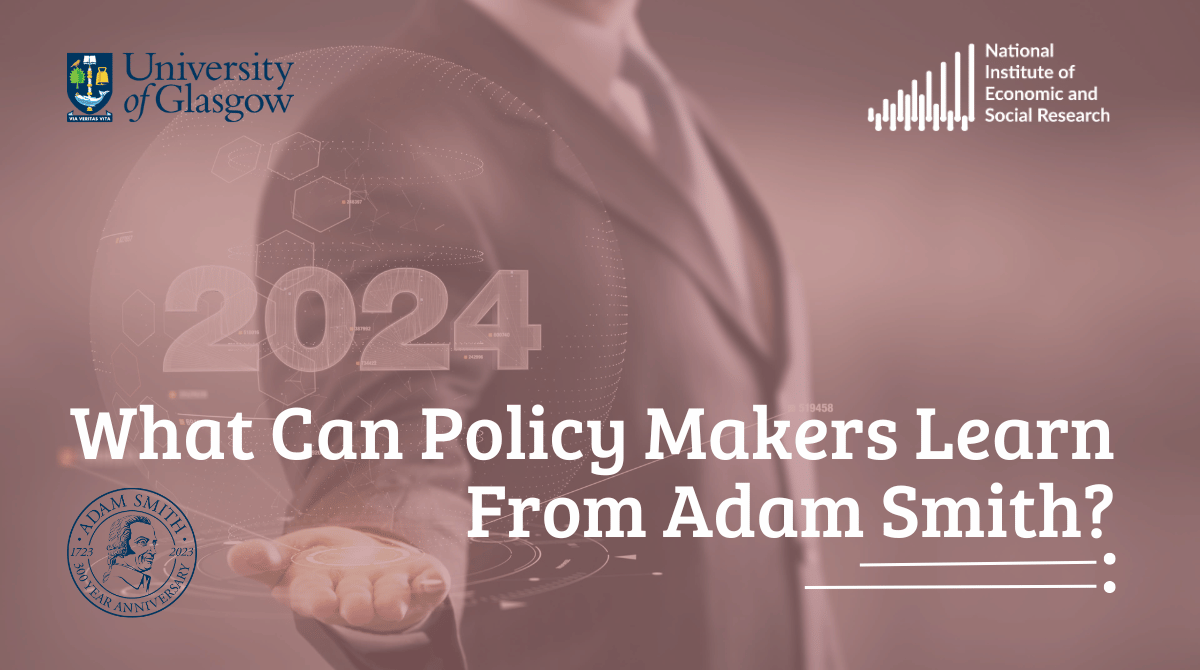Beyond binaries: Technocracy, populism and public policy
Populism and technocracy are opposites but can also converge and collude – both claim that ‘there is no alternative’ when alternatives abound.
Neither technocratic nor populist policies tackle the pressing problems of increasing inequality, poor productivity or social fragmentation.
They oppose ‘established elites’ to ‘the people’ but fail to provide virtuous leadership or more popular participation in power or prosperity.
 Pub. Date
Pub. Date
 Pub. Type
Pub. Type

Main points
- Populism is both a backlash against liberal-technocratic ideology and policy and an attempted corrective of some of its worst excesses, such as soaring inequality or pressures on wages.
- Technocracy is in some respects the opposite of populism but both have in common demagogy and the divide between elites and the people.
- What we are seeing is a convergence around variants of techno-populism defended by either ‘corporate populists’ or ‘insurgent populists’.
- Both technocracy and populism rest on a binary logic that not only conceals from view commonalities but also bracket from public political discussion genuine alternatives.
- One real, constructive alternative is a public policy programme that includes the building of an economic democracy with more democratic workplaces and a greater emphasis on the dignity of decent jobs, besides many more policies to reduce inequalities and foster shared prosperity.
Populism is a paradoxical phenomenon that resists easy categorisation because it both rejects and intensifies certain elements of technocracy. Populist politics is at once a backlash against liberal-technocratic ideology and policy and an attempted corrective of some of its worst excesses, such as increasing inequality or pressures on wages. Despite deep differences, both rest on a binary logic that conceals alternatives to the convergence around variants of techno-populism defended by either ‘corporate populists’ or ‘insurgent populists’.
One alternative is a public policy programme focused on the building of an economic democracy with more democratic workplaces and a greater emphasis on the dignity of decent jobs, besides policies to reduce regional disparities and foster shared prosperity. But policies alone cannot fully address the deepseated grievances fuelling the support for populists. Fundamental institutional reform is needed to devolve power and wealth to people and the places where they live and work.





















